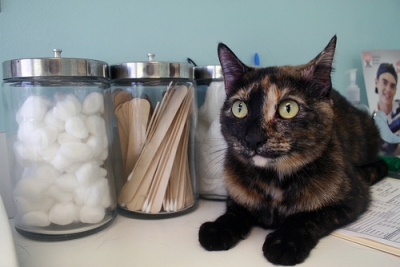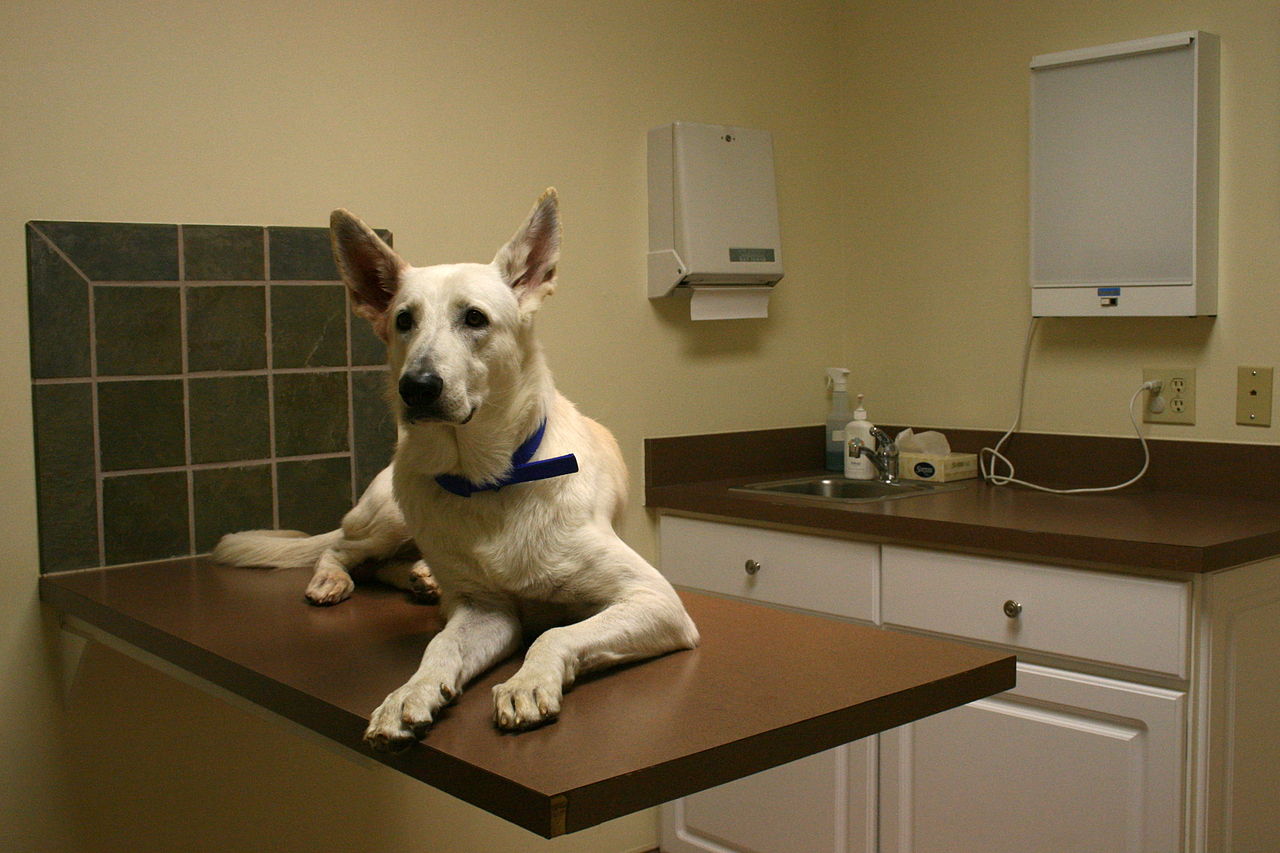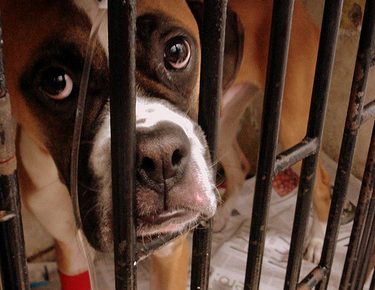
VAS is Vacine-Associated Sarcoma. A common cancer at the site of the vaccination is the aggressive fibrosarcoma although other malignant cancers can develop as well – histiocytomas, osteosarcomas, liposarcomas, chondrosarcomas and so on. These cancers are rarely found in cats that have not been vaccinated.
Cats seem to have more of a susceptibility to VAS. It is seldom found in dogs and ferrets.
The problem with diagnosing the vaccine site as the cause of these cancers is they can take a few months to years to develop. However, the American Association of Feline Practitioners has new protocols, limiting type, frequency and area used for specific vaccines.
Since other injections can cause inflammation the the site, it is believed that the inflammation is what causes the cells there to become cancerous.
In order to decrease the possibility of cancer developing at an injection site, ask your veterinarian to use non-adjuvanted vaccines if available. An adjuvant is an addition to the vaccine that makes them work better. Since adjuvants cause the inflammation in order to attract the immune system, they are suspected of being the cause of cancer at the injection site.
Diagnosis is made through a biopsy. Treatment for VAS can include surgery, radiation and chemotherapy. Vaccinations are given on the legs because those areas offer better chances for treatment and recovery.
When your pet receives an injection, watch the area for any lumps. If a lump forms and doesn’t go away within a month, but remains and grows, have your cat examined and tested by the vet.
Related Articles


